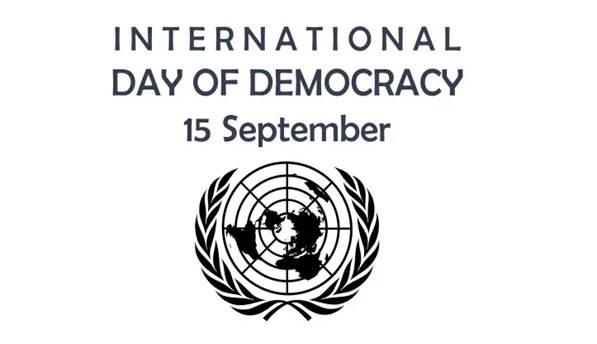Free Courses Sale ends Soon, Get It Now


Free Courses Sale ends Soon, Get It Now



Copyright infringement not intended
In News
Annual Democracy Report 2022
Key findings of the report
Significance of Democracy
https://www.un.org/en/observances/democracy-day
https://t.me/+hJqMV1O0se03Njk9
© 2024 iasgyan. All right reserved